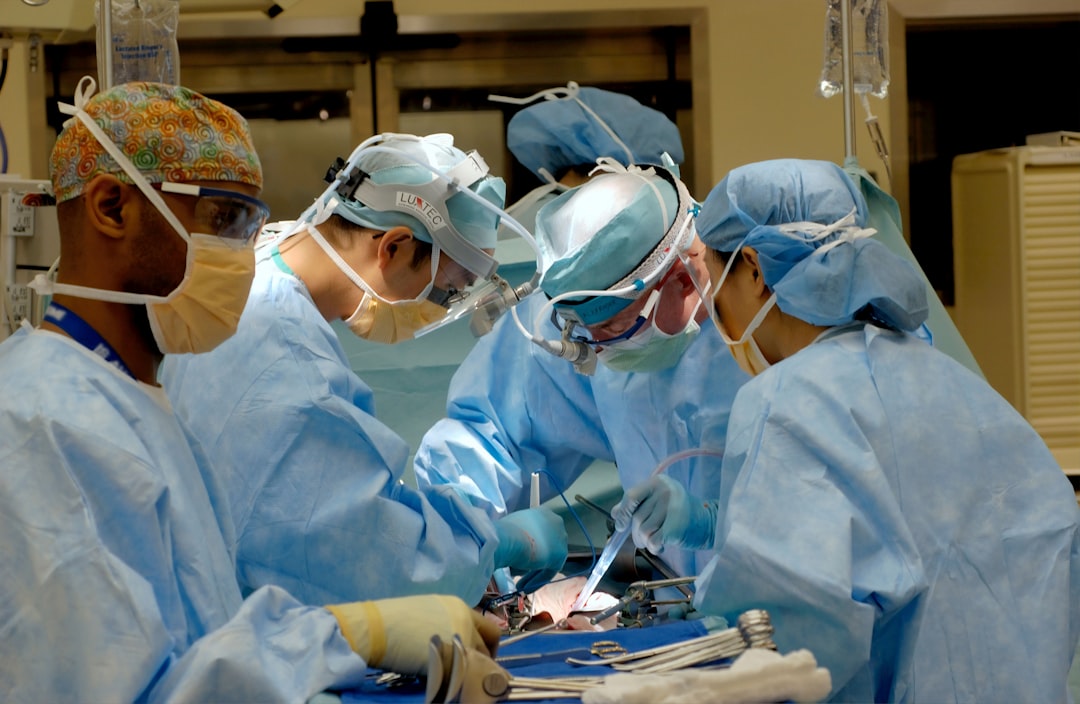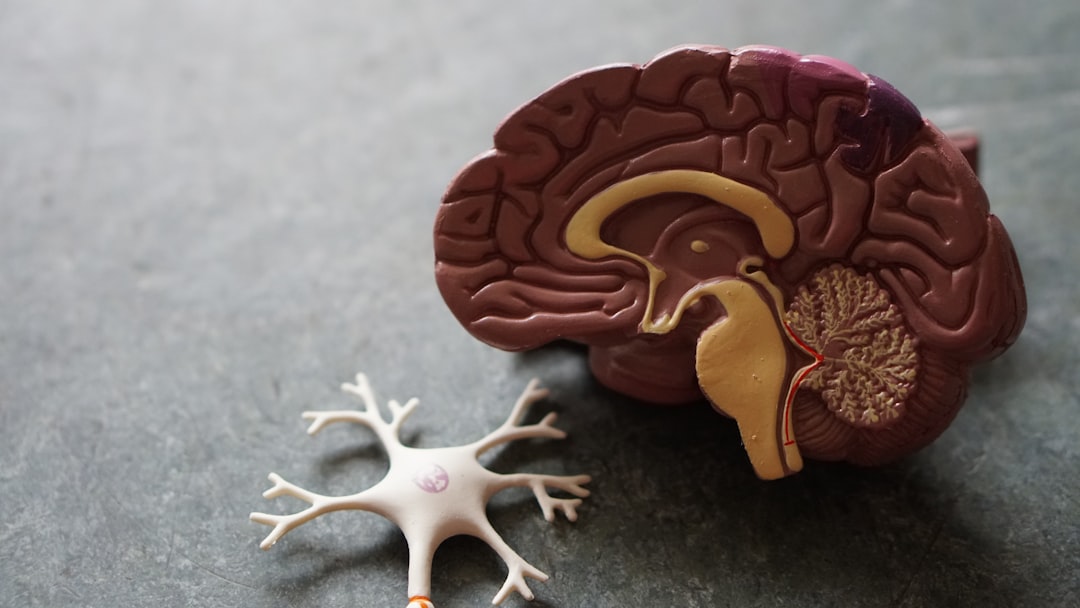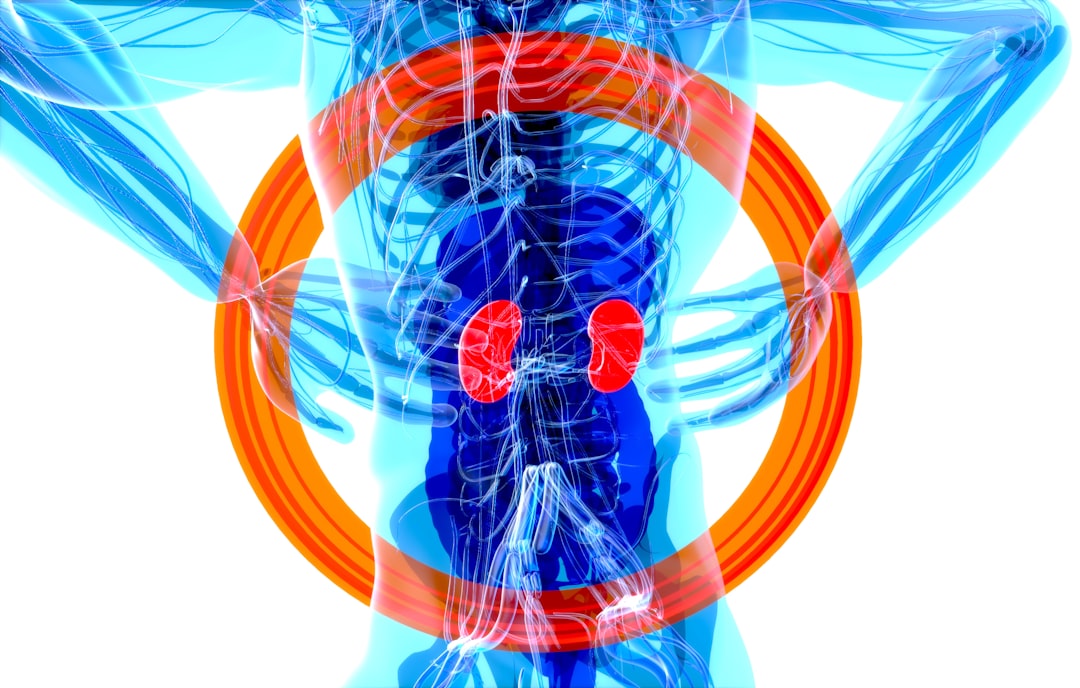What is it about?
Interleukins are typically produced by immune cells that can 'talk' to surrounding cells in tissues and influence their behavior. This paper shows that interleukins 4 and 13 'talk' to prostate fibroblasts and cause them to secrete collagen proteins, which promotes fibrosis and prostatic dysfunction.
Featured Image

Photo by Jellybee on Unsplash
Why is it important?
Lower urinary tract dysfunction (LUTD) is a costly and pervasive medical problem for millions of aging men. Prostatic fibrosis is increasingly recognized as a major cause of LUTD, such as urinary voiding problems. However, no therapeutics are in clinical use to directly treat lower urinary tract fibrosis. This paper shows that interleukin communication pathways through JAK/STAT signaling is a promising therapeutic target to treat lower urinary fibrosis and consequent urinary voiding dysfunction.
Perspectives
LUTD is a pervasive but somewhat discounted health problem, often ascribed as 'normal' and just part of the 'aging' process. However, it afflicts millions of men around the world and shouldn't be seen as just a part of life that has to be endured. This paper is one of many new studies showing that a process contributing to LUTD, fibrosis, can be therapeutically targeted and may provide new ways to effectively treat LUTD to improve overall health and quality of life.
Jill Macoska
University of Massachusetts Boston
Read the Original
This page is a summary of: The IL-4/IL-13 signaling axis promotes prostatic fibrosis, PLoS ONE, October 2022, PLOS,
DOI: 10.1371/journal.pone.0275064.
You can read the full text:
Contributors
The following have contributed to this page










